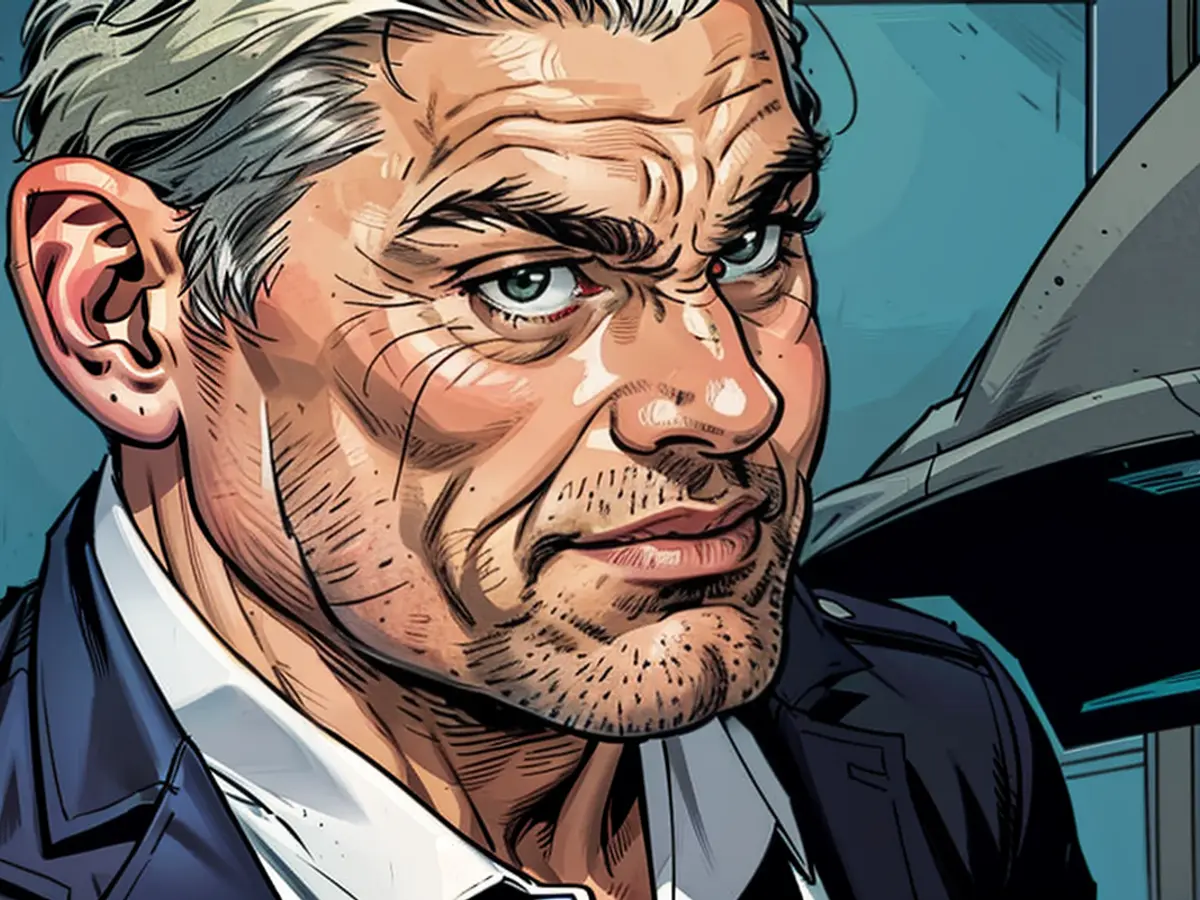The SPD requires a revitalization.
In the approaching state elections, the Social Democrats (SPD) confront the threat of political oblivion. Here's why: The primary pledge of the SPD is showing signs of weakness, and the SPD has transformed into a party of well-off professionals. They need to go where the stink is.
Matter of fact, the oldest German party, boasting a history of over 160 years, is showing signs of decay. The five-percent threshold is not far off: In the September elections in Saxony and Thuringia, the SPD risks political extinction. The SPD lost supporters in every direction during the European elections - not just to the CDU and the AfD. A staggering 2.5 million former SPD supporters joined the ranks of the non-voting public.
These are the people that SPD politicians love to highlight, who wake up early, pay their taxes religiously. Yet, they frequently have little more than welfare recipients in their wallets. This flies in the face of justice for millions of workers who once instinctively voted for the SPD, but have done so less frequently since Hartz IV. The party now seeks to court these people again, as the party leadership has decided.
Whether the SPD will regain lost faith is doubtful. After a long period of growth, social disparities have not decreased but increased. And this, despite the fact that the party has long served as a junior partner of the Union. With this, the SPD's promise to ensure the social advancement of its clientele has also become brittle.
The average worker is hard to find among SPD members these days. And the "mayor's wing" of pragmatic city mayors is also hard to find, as the significant loss of city halls, especially in NRW, underscores. The party atmosphere is now dominated by academics with well-paying gigs in the public sector. They have few points of contact with the old core voter base of the SPD.
Apart from numerous issues like the housing crisis, the sluggish economy, and the rundown school system, the SPD delves into the realm of internal security. Here, it primarily leaves the stage to the Union and the AfD, although it could score points there.
At the end of the European elections, Federal Chancellor Olaf Scholz made a blunt comment on the results with a simple "No." With such an attitude, no votes can be won. Through the SPD, a reversal is necessary if it does not want to end up on the compost heap of history. To achieve this, it should abandon some cherished illusions and confront harsh realities. The call comes from former party leader Sigmar Gabriel: The Social Democrats must be where the problems are, that is, where they are substantial. Ladies and gentlemen, what are you still waiting for?
Read also:
In the upcoming state elections in Saxony and Thuringia, the SPD, led by Olaf Scholz, faces a potential political extinction, struggling to surpass the five-percent threshold. Despite the SPD's historic strength and sustained collaboration with the Union, the European elections saw a significant loss of supporters to non-voting public, with 2.5 million former SPD supporters abandoning their vote.
To regain lost support and steer clear of political oblivion, the SPD needs to focus on addressing pressing issues like housing, the economy, and the school system, while also engaging with their traditional voter base, which may no longer feel connected to the party's current academic-dominated atmosphere.








